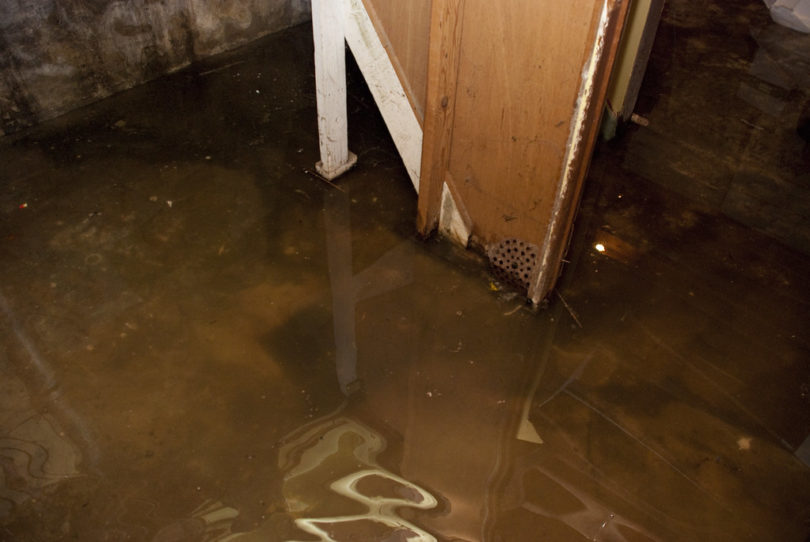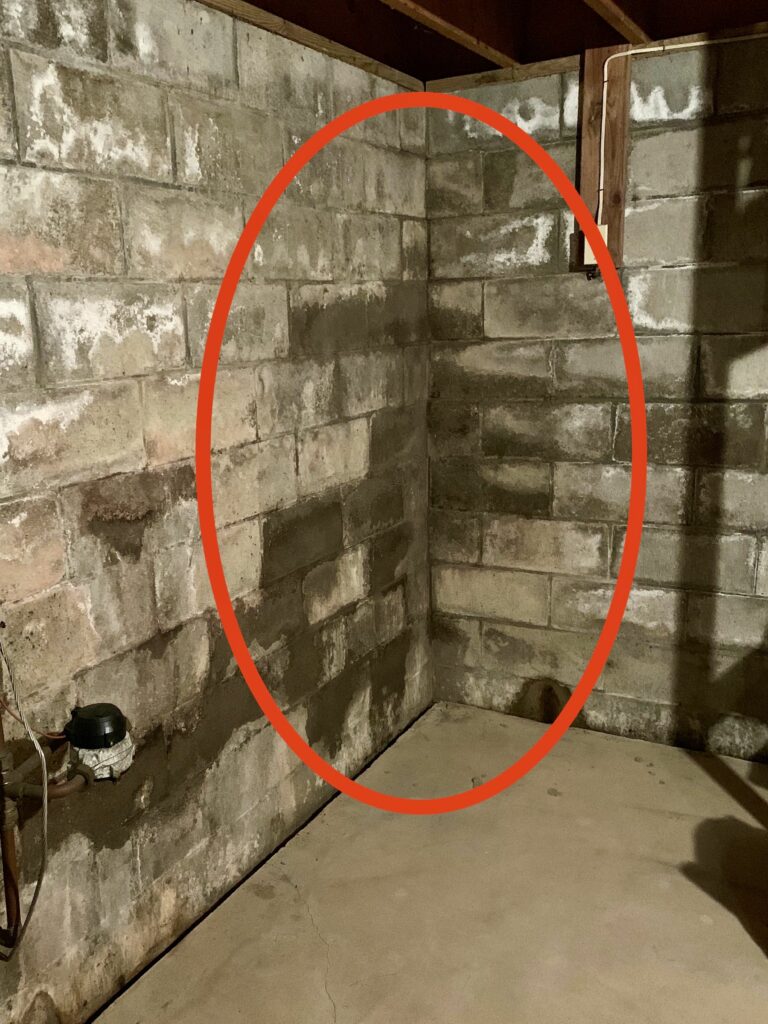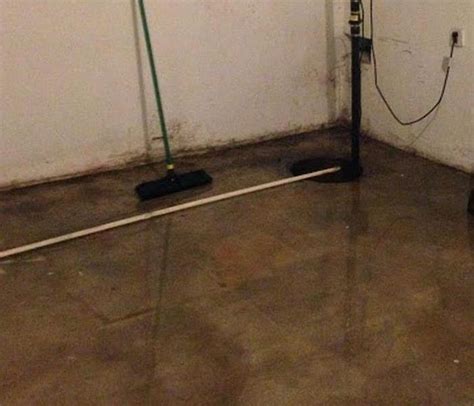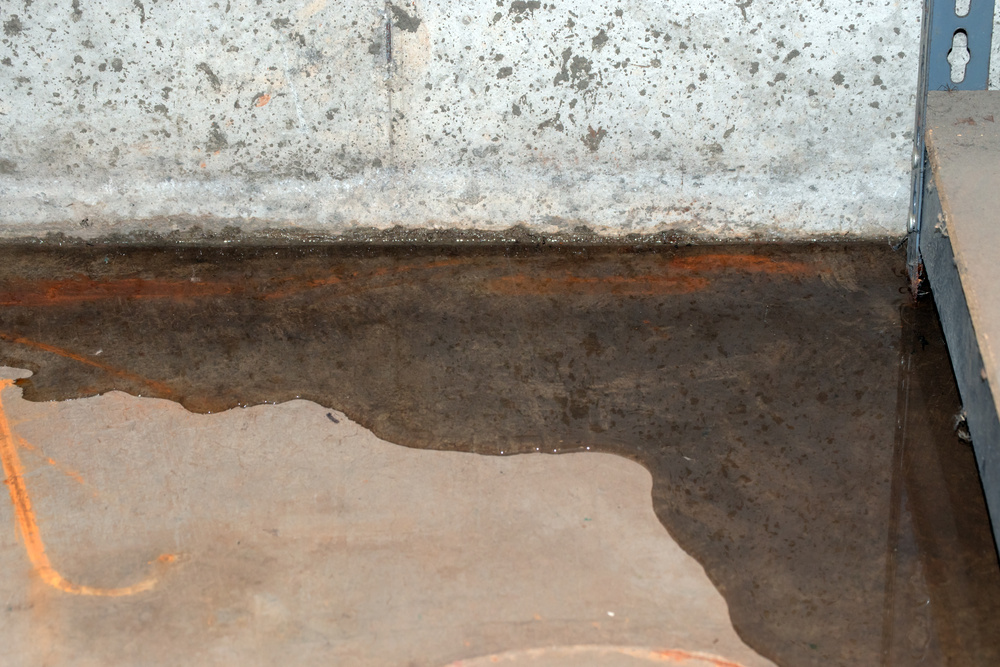As a homeowner, you may experience a leaky basement at least once in your lifetime. It’s important to understand that water can not only damage your possessions, such as furniture, but also expose you and your family to health hazards, such as mosquitos, mold, and mildew.
These health hazards can lead to serious illnesses, such as asthma, allergies, and even infections, which can significantly increase your monthly medical bills, affecting your overall saving margin. Taking the necessary steps to prevent and repair a leaky basement is essential to protect your family’s health and your financial security.
Preventing A Leaky Basement

There are several solutions you can utilize to prevent a leaky basement. One of them is waterproofing. However, waterproofing your basement is easier said than done, especially if you’re a new homeowner.
This article discusses what you need to know about basement waterproofing. You’ll learn the do’s and don’ts, improving its effectiveness. Read on.
What Is Basement Waterproofing?
Basement waterproofing means preventing water from penetrating your house’s basement. The process will depend on local building codes. For this reason, it’s important to conduct extensive research to ensure you’re compliant with the local policies and standards.
Waterproofing your basement is essential to protect your walls from structural damage. If water seeps through, it can cause cracks that not only affect the overall appearance of the building, but also increase the risk of collapse, putting you and your family in danger. Taking the time to waterproof your basement can save you from costly repairs and potential harm.
Do’s Of Basement Waterproofing
The following are things you need to do when waterproofing your basement:
1. Call A Professional
In this era of do-it-yourself (DIY), many homeowners are taking it upon themselves to conduct repairs and waterproofing practices. While this is a great way to save money, it’s important to remember that you need to have the right tools and skills to ensure the success of the project. Without the proper knowledge and equipment, you may end up with a costly and ineffective result.
This is why it might be ideal to consult an expert like Direct Waterproofing. A professional will always have the right tools and expertise to ensure you get the best results possible. With their knowledge and experience, you can be sure that the job will be done to the highest standard.
It’s important, however, to understand that finding a reputable professional isn’t a walk in the park. Outsourcing services from a fraudulent provider can be a costly mistake. Not only will you be left with subpar results, but you may also end up losing your hard-earned money.
To avoid this, it’s essential to do your due diligence and thoroughly research the service provider before making any commitments. Make sure to check their credentials, reviews, and portfolio to ensure they can deliver the quality of work you need and expect.
2. Check Frequently For Cracks

Cracks in your basement can be caused by a variety of factors, such as earth movements, the use of heavy equipment, and more. If left unchecked, these cracks can worsen over time, leading to water seeping through and causing a leaky basement. To prevent this, it’s important to regularly inspect your basement for any signs of cracks. If any are found, it’s best to take action as soon as possible to prevent further damage.
Please ensure you conduct regular checks on your basement and take the necessary steps to prevent any damage. You can outsource the services from a reputable expert to simplify the process and ensure that any cracks are identified and sealed on time. Although outsourcing the services might have higher upfront costs, it will save you from further damage and the cost of repairs in the long run.
3.Regularly Clean Your Gutters

Failure to clean your gutters will clog and clutter them, leading to a buildup of debris and water. This can cause flooding in your basement, damaging your possessions and potentially exposing you and your family to extreme health hazards. Not only that, but the clogged gutters can also cause water to back up and damage your roof, siding, and foundation.
To avoid these costly and dangerous consequences, it’s important to regularly clean your gutters and keep them free of debris. Consider adding gutter cleaning to your regular outdoor chore list, saving you the hassle of dealing with a flooded basement. Replacing worn-out gutters is also crucial, ensuring water flows freely.
4. Research All Waterproofing Options
Before you start the process of waterproofing your basement, it’s important to do your research and explore all the available options. There are a variety of methods you can use to waterproof your basement, such as interior and exterior waterproofing, sump pumps, and more. The method you choose should be based on the unique needs of your basement, your budget, and the severity of the situation.
Additionally, it’s important to consider the long-term effects of each method and how it will affect the overall structure of your home. By taking the time to research and understand all the available options, you can make an informed decision and ensure that your basement is properly waterproofed.
Don’ts Of Basement Waterproofing
There are several things you should avoid doing when waterproofing your basement. Doing them will not only affect the process’s effectiveness, but you may also end up losing your money. The following are the things you should avoid when waterproofing your basement.
1. Ignore Leaks
As a homeowner, you should never ignore a leak. A leak, if left unchecked, can cause serious damage to your home. It can expand, allowing more water in and flooding your basement.
To avoid this, it’s important to conduct regular checks of your home for any signs of cracks or leaks. By doing this, you can identify any issues early on and address them before they become more serious and costly to repair. Taking the time to inspect your home regularly can save you from extreme effects in the future.
2. Make Repairs With Standing Water
Working with standing water can be a serious health hazard, leading to costly medical bills and even putting your life at risk of electrical shock. Not only can it cause physical harm, but it can also lead to the growth of bacteria and other contaminants, which can cause serious illnesses.
To protect yourself and your family, it’s important to take the necessary precautions when dealing with standing water, such as wearing protective gear and using proper safety equipment. Turn off the power while working in your basement. Additionally, it’s important to install an interior drainage system. The system will pump the water out, ensuring a safe environment to work in.
Another vital thing to remember is applying a sealant over painted walls can reduce its effectiveness and durability. Therefore, it’s important to remove the paint before applying the sealant. This will ensure that the sealant is applied properly and will provide the desired results. Additionally, it’s essential to use the right type of sealant for the specific surface to ensure that it’s applied correctly and will last for a long time.
Bottom Line
Waterproofing your basement is an important step in protecting your possessions from damage. However, it’s not a simple task and requires extensive research to ensure you have all the necessary knowledge before beginning the project.
To guarantee success, make sure to read up on the different waterproofing methods, materials, and tools available, as well as any local regulations that may apply. With the right preparation, you can ensure that your basement is properly waterproofed and your possessions are safe.
